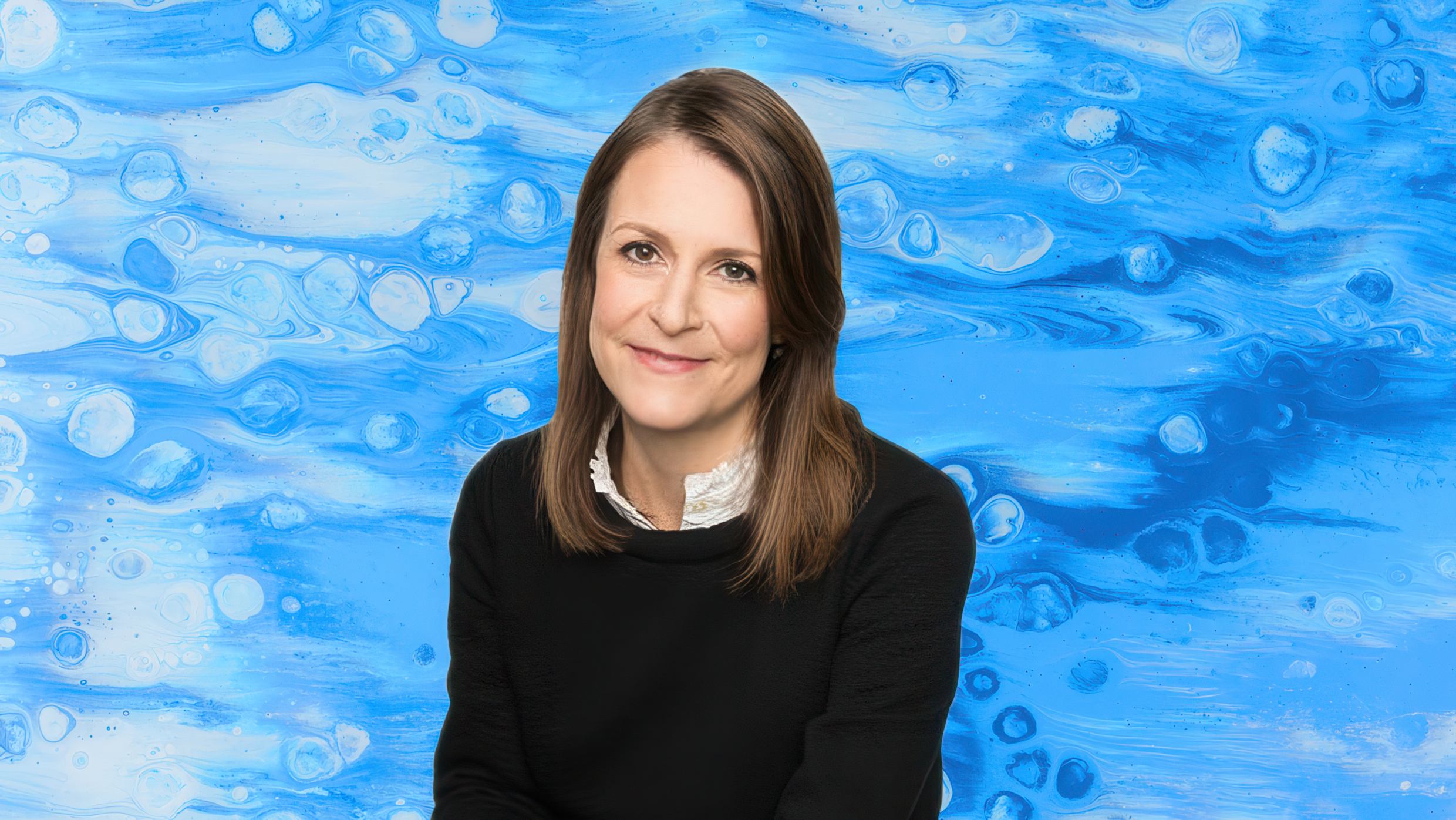So many of my favorite works of literature and film circle around three distinct points of view. For “Such a Fun Age“, I knew I wanted three opinionated and striking humans that have to navigate their lives around each other. I came out with Emira, Alix, and Kelley.
Emira Tucker is a twenty-five year old babysitter and Temple University Graduate. She has a solid group of girlfriends from college, her apartment isn’t great, and she’s starting to feel like she’s being left behind. Like Emira, I had a financially precarious period in my twenties and went years without health care, but unlike Emira, I had the privilege of an end-goal. I knew I wanted to write. Writing gave babysitting a means-to-an-ends quality, but it was still very difficult to find my footing.
In crafting Emira, I wanted to explore what that experience would be like for someone much different than me, who didn’t have a passion guiding them from job to job. It became important to give Emira room to be a twenty-five year old woman at her best and her worst. She’s a fantastic and patient babysitter with a great memory for her charge’s favorite things. But she also can’t help but splurge on a leather jacket when she gets a bonus (been there). In crafting Emira, the biggest priority was to allow the reader to figure out things with her. She doesn’t have her life all together yet, and I wanted to luxuriate in this in between state.
Alix would seem like she has it all together, but social media often does that work for her. She’s a savvy entrepreneur and also has a loyal group of friends, but Alix’s move from New York City, and her loneliness and new status as a mom of two leaves her wondering if she’s already peaked. In crafting Alix, I wanted to explore a character who has a genuine love for their babysitter (I was so lucky to experience this many times in my days of babysitting), but her adoration can cross the line into self-satisfaction.
I share a bit of Alix’s nervous energy; I think so many of us can become obsessed with saying or doing the right thing. But Alix finds herself in two places she doesn’t recognize: in a position of power, and in the city of Philadelphia. I love when a novel places a character in a new place that they have to navigate
Lastly, there’s Kelley. He’s tall and cute and his dad-jokes are unlimited. Emira is surprised by his attraction to her (past the activities of a very late night), but his charm is endearing and she’s more than intrigued. In crafting Kelley, it was so important to rest in all those getting-to-know-you feelings that are so delicate at the beginning of a relationship. There are the times when he nails it and Emira can’t help but swoon. But sometimes he messes up, and Emira has to decide in real time whether to say something or ignore it.
For a young woman figuring out her path, particularly for a young black woman, this moment of “Should I say something or ignore it?” colors so much of the experience of being in white spaces. Kelley, despite being infuriated on her behalf when racial bias presents itself, still unearths this question.
In writing this novel, I became fascinated by how memory works within our heads and on the page. There’s that old saying, “There’s three sides to every story: yours, theirs, and the truth,” which couldn’t be more accurate, and even then, when fifteen years of growth, insecurities, resentment, and jealousy are layered on top, the memory can become something different altogether.
I’m so interested in the things we remember—sometimes purposefully and sometimes not—and how they shape us as people, and this complicated truth gave me the freedom to not always tell readers how things exactly happened, but how they happened for these three characters.



